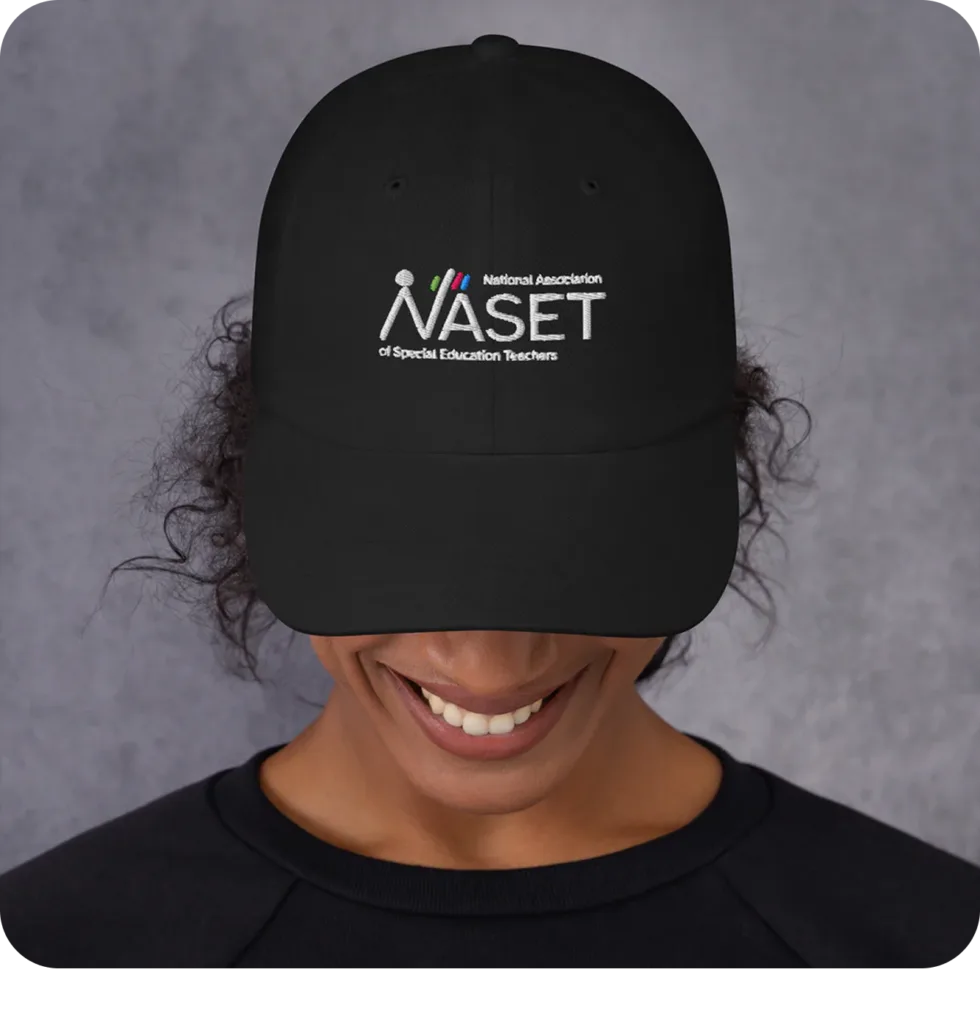Richard J. Lucido, Ph.D.
East Detroit Public Schools
Abstract
Our current paradigm of Individualized Education Program (IEP) construction, the creation of a legal document or contract between parents and schools, needs rethinking. This paradigm’s unintended consequences have resulted in vast inefficiencies in special education and have detracted from the core purpose of the IEP document, the communication of the individualized educational plan. An alternative approach, the communicative IEP, will be presented. In this framework the written IEP is primarily conceived as a communication tool rather than a legal document. It will be argued that this approach will result in a shorter and more understandable IEP document, as well as a substantial savings in limited educator resources, which could then be better prioritized towards service delivery.
Read or Download
To Read this Article – or Download this Article (login require)
To Download the Entire Winter 2013 Issue of JAASEP – (login required)
